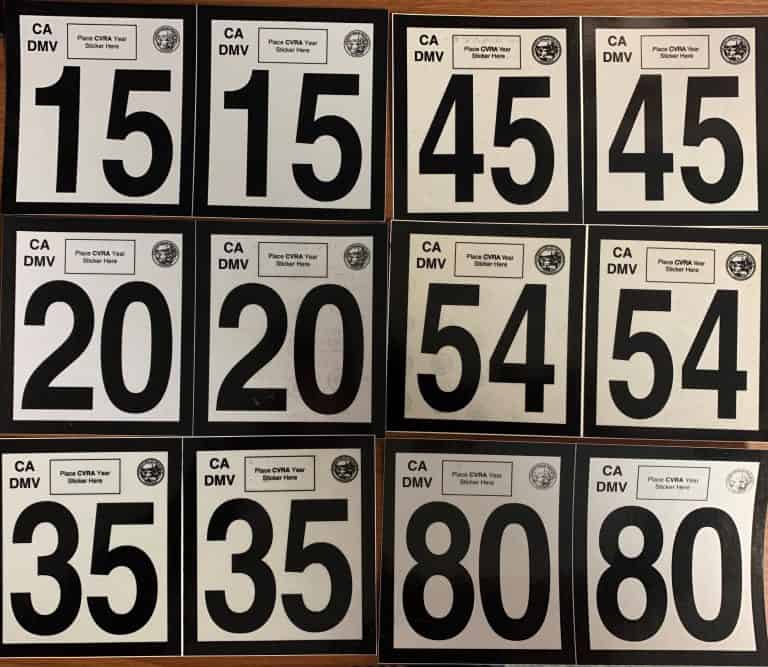
The Gross Vehicle Weight Rating (GVWR) is the maximum weight limit that a vehicle can safely carry, as determined by the vehicle’s manufacturer. This weight limit includes the weight of the vehicle itself, plus the weight of any passengers, cargo, and trailer tongue weight (if towing a trailer).
The GVWR is an important safety rating for vehicles, as it helps ensure that the vehicle is not overloaded and can safely operate on the road. Exceeding the GVWR can cause serious safety issues, such as poor braking performance, tire failure, and suspension problems.
The GVWR is typically listed on the vehicle’s safety compliance certification label, which is usually located on the driver’s side door jamb or in the glove box. It may also be listed in the owner’s manual or on the vehicle manufacturer’s website.




